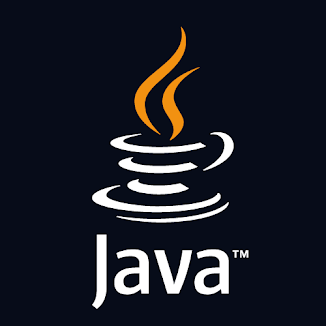blockchain technology
what is blockchain technology?
Blockchain technology is a decentralized, digital ledger that records transactions across a network of computers. It uses cryptography to secure and verify transactions as well as to control the creation of new units of a particular cryptocurrency. Each block in the chain contains a number of transactions, and every time a new transaction is added to the block, it is added to the chain, creating an immutable record of all past transactions. This decentralization makes it difficult for any single entity to manipulate the data, and it is the technology that underpins most cryptocurrencies such as Bitcoin and Ethereum.
Example of blockchain technology
One example of blockchain technology is the use of Bitcoin,
which is a decentralized digital currency that uses blockchain technology to
facilitate secure and transparent transactions. When a user initiates a
transaction, the transaction details are broadcast to the network of computers
that make up the Bitcoin network. These computers then work to validate the transaction
by solving complex mathematical algorithms. Once a transaction is validated, it
is added to the blockchain, creating a permanent, unchangeable record of the
transaction.
Another example is Ethereum, which is a blockchain-based
platform for building decentralized applications (dApps) and smart contracts.
It allows developers to create and deploy their own decentralized applications
on the Ethereum blockchain, using its native cryptocurrency, Ether (ETH), to
pay for transaction fees and computational services.
Another way that blockchain technology is being used is in supply chain management. Blockchain can be used to track the movement of goods
and materials throughout the supply chain, providing transparency and
immutability of data. This can help companies to reduce fraud, improve
efficiency and reduce costs.
There are many different use cases for blockchain
technology, and new applications are being developed all the time. Some areas
where blockchain technology could have a big impact include finance,
healthcare, voting systems, and real estate.
Type of blockchain technology
There are several types of blockchain technology, including:
- Public blockchain: A public blockchain is a decentralized network that allows anyone to participate as a node and validate transactions. Examples include Bitcoin and Ethereum.
- Private blockchain: A private blockchain is a centralized network that is typically used for enterprise or corporate use cases. Access to the network is restricted to a select group of participants.
- Consortium blockchain: A consortium blockchain is a hybrid of a public and private blockchain, where a group of organizations jointly manage the network.
- Hybrid blockchain: Hybrid blockchain is a combination of public and private blockchains. It allows for both public and private transactions to occur on the same network.
- Sidechain: A sidechain is a separate blockchain that is attached to a main blockchain. It allows for the transfer of assets from the main blockchain to the sidechain and vice versa, without the need for a trusted intermediary.
Blockchain technology has several advantages, including:
- Decentralization: Blockchain technology is decentralized, meaning that it is not controlled by any single entity or organization. This eliminates the need for intermediaries and increases transparency and security.
- Immutability: Once data is recorded on a blockchain, it cannot be altered or deleted. This provides a tamper-proof record of transactions and increases trust among participants.
- Transparency: Blockchain technology allows for a transparent view of all transactions on the network. This increases accountability and can help prevent fraud.
- Security: Blockchain technology uses advanced cryptography to secure transactions and protect against hacking and other cyber threats.
- Speed and Efficiency: Blockchain technology enables faster and more efficient transactions, as it eliminates the need for intermediaries and reduces the need for manual reconciliation.
- Smart Contract: Smart Contracts are self-executing contracts with the terms of the agreement written directly into lines of code. It enables the automation of digital assets, once certain conditions are met.
One major disadvantage of blockchain technology is its
scalability issue, it can take a long time for a block to be added to the
blockchain and for transactions to be processed. This can lead to slow
transaction speeds and high fees, making it less practical for certain types of
transactions. Additionally, the decentralization of the blockchain can also
make it difficult for governments and financial institutions to regulate and
monitor transactions. Blockchain is also vulnerable to hacking, especially if the
network is not properly secured.


Comments
Post a Comment